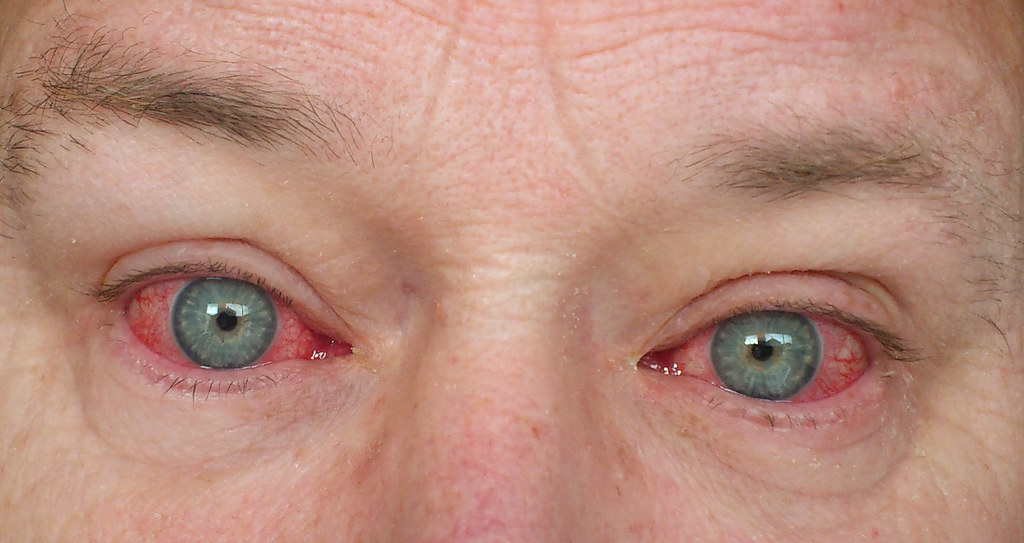Red eyes are more than a minor issue. They can affect your focus, comfort, and confidence throughout the day. Many people blame allergies or infections, but your everyday choices often play a bigger part. The way you live, work, and rest shapes how your eyes feel and function.
Screen Time and Sleep Impact Eye Health
Using screens for long periods can quickly irritate your eyes. When you focus on a device, your blink rate drops. Less blinking leads to dryness, which causes redness and discomfort. Taking breaks every twenty minutes helps your eyes stay moist.
Poor sleep also creates problems for your eyes. If you don’t get enough rest, your eyes cannot recover from daily use. They may become puffy, red, or sore by the morning. Seven to nine hours of quality sleep gives your eyes time to refresh and reset.
Substances That Trigger Redness
Smoke harms your eyes whether you inhale it directly or through secondhand exposure. Cigarette smoke carries chemicals that dry and inflame your eyes, often leading to red eyes. Even brief exposure can cause redness, itchiness, or burning. Staying away from smoky areas helps your eyes stay clear.
Alcohol affects your eyes by drying out your body. When you drink too much, your eyes lose moisture along with the rest of your system, resulting in red eyes. Drinking water between alcoholic drinks can help reduce this effect.
Common Habits That Irritate Eyes
Wearing contact lenses longer than advised can lead to irritation and redness. Sleeping in them or using dirty lenses increases the risk of infection. Always follow care instructions and clean your lenses properly. Let your eyes rest by wearing glasses some days.
Your diet also affects your eye health. Eyes need nutrients like vitamin A, vitamin E, and omega-3 fatty acids to stay moist and strong. If you eat mostly processed foods or skip fresh fruits and vegetables, your eyes may suffer. Eating leafy greens, carrots, fish, and nuts supports your vision and reduces irritation.
Environmental Effects on Eye Comfort
Dust, wind, and dry air can irritate your eyes in both indoor and outdoor settings. Spending time in polluted areas or near strong air vents may dry out your eyes faster. When your eyes lose moisture, they turn red and feel gritty. Wearing sunglasses outside and using a humidifier indoors can help protect against these triggers.
If you live in a dry climate, your eyes may need extra care. Keep your living space clean and avoid rubbing your eyes when they feel dry. Even brief exposure to irritants can cause redness that lingers throughout the day.
See a Professional When Red Eyes Don’t Fade
Lifestyle changes help most people feel relief. Still, some symptoms need expert attention. If your eyes stay red for several days or become painful, visit an eye care provider. Signs like blurry vision or discharge may point to deeper issues.
Do not ignore signals from your body. Your eyes may be telling you that something needs attention. A short visit with a specialist can give you answers and the right treatment plan. Early care keeps your eyes healthy and prevents long-term problems.
- mylovelyfurryfriend discover expert tips on dog health
- Infectious Diseases Updates – Stay Informed, Stay Protected!
- Wegovy For Weight Loss – A Breakthrough in Managing Obesity!
- Emergency Medicine Forum – A Hub for Fast-Paced Knowledge, Support & Updates!
- Pediatrics Discussions – Insights, Challenges, and Expert Advice for Better Child Health!





Leave a Reply